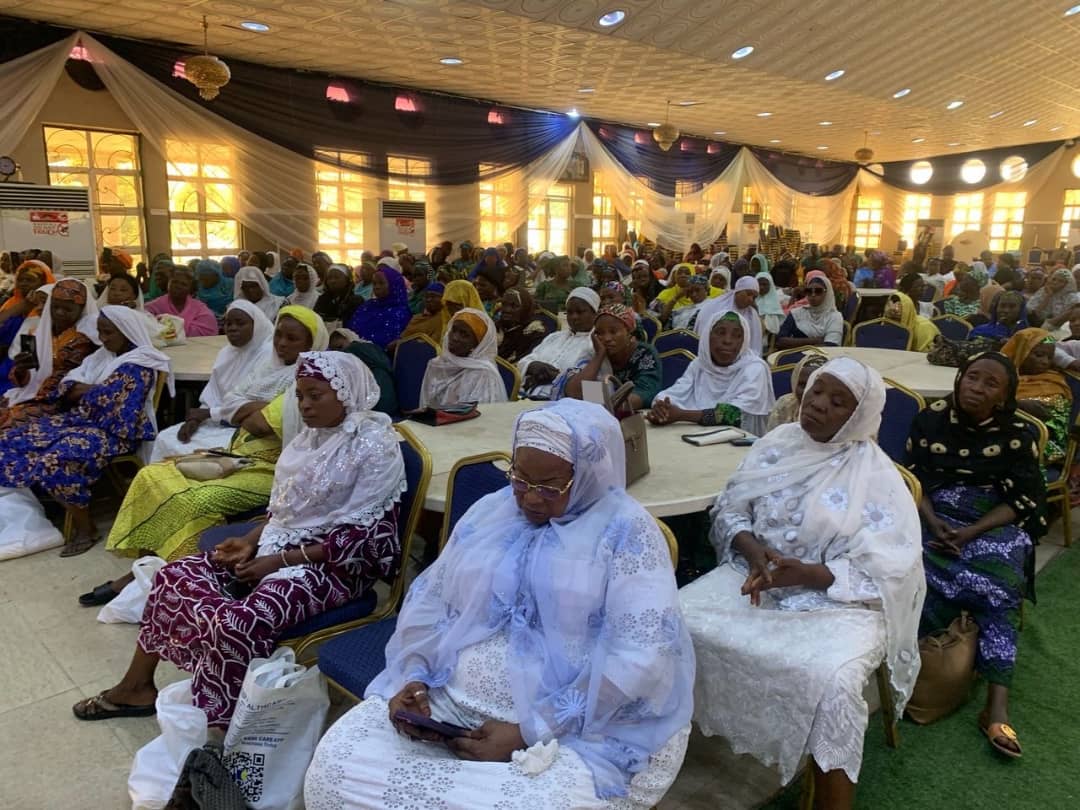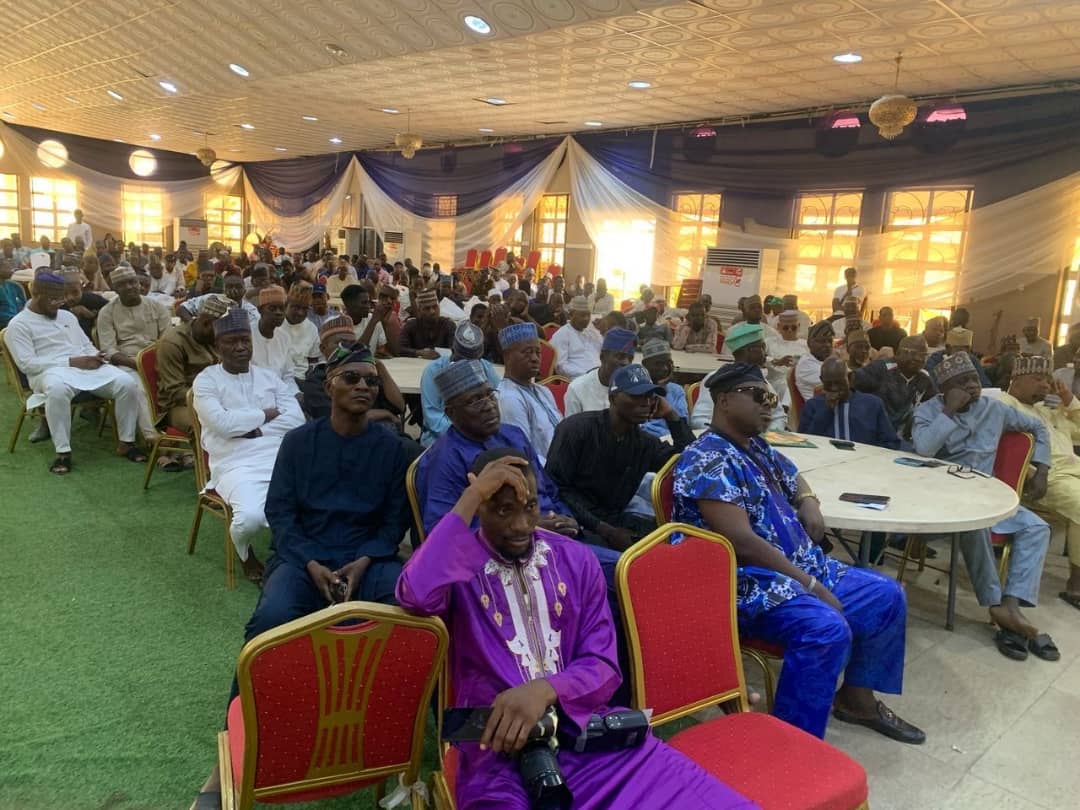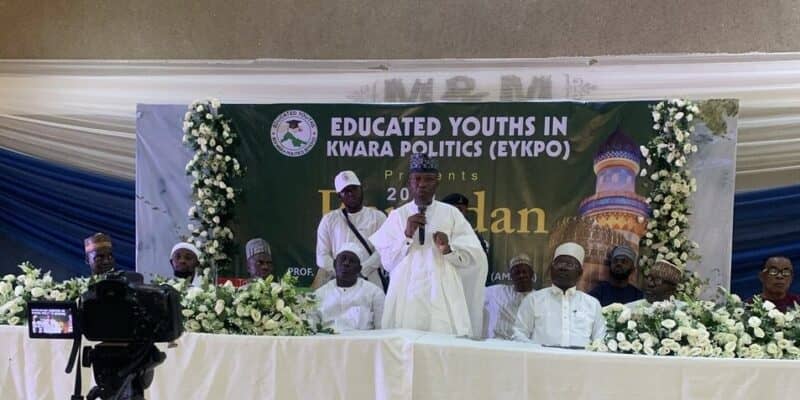From Taiye Joseph, Ilorin
The Director General of the National Institute of Legislative and Democratic Studies (NILDS), Prof. Abubakar Sulaiman, has called on political stakeholders to integrate religious values into governance, emphasising that sincere leadership inspired by faith can drive positive change.

Speaking at a public lecture organised by Educated Youths in Kwara Politics in Ilorin, Prof. Sulaiman, popularly known as ‘Amana,’ urged young people to take an active role in shaping the state’s future, stating that good governance is non-negotiable.
“The future of Kwara is in your hands, especially as youths. You must be more engaged in determining who leads the state in the coming years,” he said.

He stressed that true believers in leadership positions would prioritise public welfare over personal gain, ensuring transparency and prudence in governance.
“This can only be achieved by focusing on the future—a future where jobs are abundant, essential infrastructure is in place, and life is more enjoyable for all. You must be vigilant in choosing leaders who have the people’s interest at heart,” he added.
Prof. Sulaiman also commended Governor AbdulRahman AbdulRazaq, for his contributions to infrastructural development and acknowledged past administrations for their roles in the state’s progress.
However, he maintained that the future could be brighter if leadership positions were occupied by sincere and God-fearing individuals.
Delivering a sermon at the event, guest lecturer Sheikh Luqman Isalekoto emphasised the need for personal development among youths, urging them to enhance their skills and maintain discipline to remain relevant in governance.
“As youths, your personal growth should be a top priority. Creativity, vision, and good personal presentation will make you stand out. I remember how Prof. Sulaiman, even as a young lecturer, was making intellectual contributions to national issues. That is the kind of mindset needed for meaningful change,” Sheikh Isalekoto said.
He further advised political leaders to uphold justice and prioritise the welfare of the masses, noting that governance must be built on fairness and accountability.






